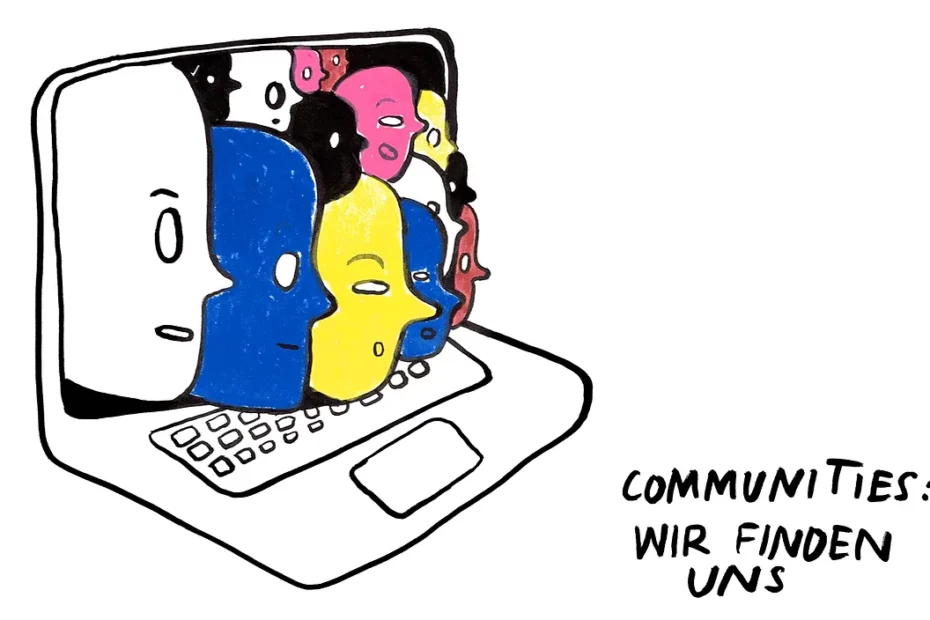Since the advent of online platforms, which allow users to openly share content, the structure of the public sphere has been transformed. Until just a few decades ago, we were used to the fact that a significant part of public discourse would take place in publicly-owned and publicly-controlled spaces, be it town squares, parks, city halls, cultural establishments or public broadcasters. In the digital world, what we think of as public spaces are actually mostly private, for-profit, and/or data-guzzling platforms and services. The only very large online platform that is not-for-profit and is maintained by a thriving community of users is Wikipedia. This gives people on the internet agency and empowers them.
We believe that the huge dominance of the for-profit, data driven model is a main reason for the greater vulnerability that our societies are experiencing in terms of polarisation, disinformation, and hate. We are confident that using versatile and diverse models of operation of online services and their underlying infrastructure will make society more resilient. It will make democratic, inclusive societies a harder target. For these reasons, we want a significant part of the online public discourse to take place on public or not-for-profit platforms, services, and infrastructure.
To achieve the above objective, we suggest three areas of action.
1. Institutional Support
Ensure funding for a network of publicly-owned and operated platforms that can host digital cultural heritage and public debates.
Regardless of whether we are speaking of a regional museum, a small municipality, or public school, whenever these institutions and communities want to run a project online or share information, they rely on a few dominant, data-monetising services, even for the most basic action of hosting content.
European digital hosting infrastructure for public service and cultural institutions is important for sovereignty and resilience. With the current scheme, neither basic rights, nor control, nor long-term hosting are secured.
Presently, the issue of independent, secure, and long-term hosting is an issue for both small cultural institutions and alternative social media networks alike.
The European Union (EU) should consider providing funding for a network of public platforms that allow cultural institutions, educational establishments, or even local governments to host and share information, projects, initiatives, and exchanges online. Beyond that, the EU should consider providing funding for not-for-profits to run decentralised servers that can host alternative services, such as social network instances.
2. Governance
Ensure funding for content moderation handled by cultural institutions, public broadcasters, and not-for-profits.
For a thriving public debate to take place, we cannot rely only on for-profit, advertising-driven platforms and the content moderation systems that such platforms offer. We need competition between public spaces that are owned and operated in different ways: public, associative, not-for-profit. All these digital public spaces need to have enforceable and enforced rules protecting freedom of expression and participation.
This is not far-fetched. Over the past decades there have been many projects by public broadcasters, cultural and educational institutions and, even, citizen initiatives that help to build conversation spaces online. Unfortunately most of them were discontinued because of lack of funding for content moderation, political and legal considerations, and the competition they face from for-profit social media platforms.
The above-mentioned alternative online conversation spaces are a necessary investment for democracy and a modern information society. We need funding and a system that allows for content moderation by public service institutions, which will in turn empower them to co-host public discourse.
3. Shared Culture and Content
Make government works available and reusable, and ensure funding for digitisation to make cultural heritage widely available.
Culture and the arts drive public discourse. Unhindered access to at least parts of our cultural heritage is a precondition for participation in social debates.
We would like to encourage Europe to provide more funding to cultural institutions in order for them to digitise and host their objects, projects, initiatives, and exchanges online. Ideally, this would be done on the network of public servers outlined in the first area of action.
As a general rule, publicly funded content should be reusable, since that allows for more active participation in public discourse by all members of society.
We also believe that all EU institutions should follow the example of the European Commission in allowing the reuse of their content by default. An interinstitutional agreement could be a welcome first step.









